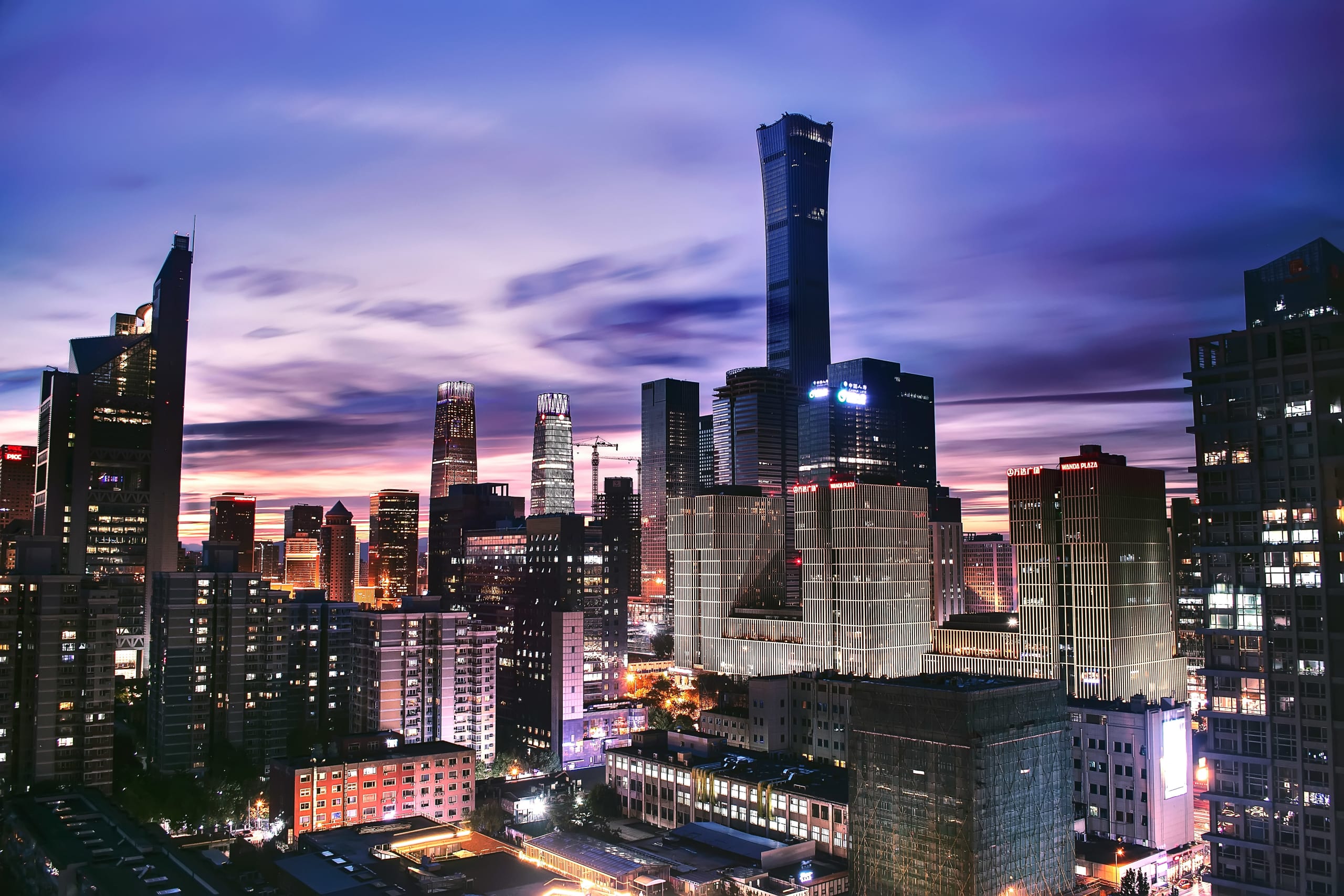China: Business as usual?
As an occasional attendee at China’s annual Development Forum in Beijing, I was intrigued to see what this year’s message would be to reticent Western investors. The two-day event is a chance for international CEOs to meet the Chinese leadership.
Premier Li Qiang opened promising to remove barriers to foreign companies and improve market access. Effectively reheating the same speech to foreign CEOs, given at this event for the last decade.
This year, however, the money isn’t listening. China’s own data revealed foreign direct investment (FDI) in 2023 down 80% on 2022 at $33 billion. Data firm, Preqin, reported the lowest number of hedge fund launches in Asia in 14 years - with China at 15 compared to 34 in 2022. And, if private equity was rubbing its hands at the opportunity to finance the buyouts of struggling Asian companies it wasn’t obvious in the data. Bain & Co’s 2024 survey showed a slump in deal making and the lowest funds raised in a decade - with the slowdown particularly hurting Greater China. Mexico even overtook China last year as the US’s biggest trade partner as sanctions took hold.
But not all is as it seems. The latest global container traffic data from Xeneta shows a 60% rise in China to Mexico traffic in January. And apparently half of the 50 new industrial parks started in Mexico last year were funded by Chinese investors. Which implies Chinese companies are finding new routes to US consumers regardless of the anti-Beijing views of some in Congress.
In fact, China’s ‘new’ economic policy looks much like the policy of the past. Aim to seize market share by out-competing western manufacturers on price and increasingly matching them on quality. And wait for US interest rates to fall, triggering looser money willing to chase ‘higher risk - higher return’ investments in China.
If some US politicians were looking for a ‘watershed’ moment or policy pivot from Beijing, this wasn’t it.




